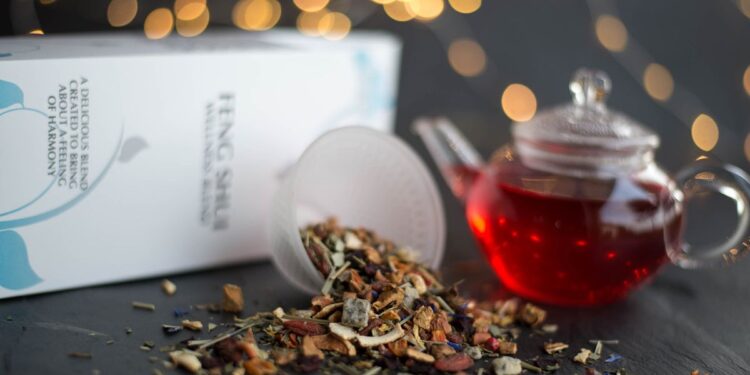Herbal teas have been cherished for centuries as nature’s remedy for promoting health and well-being. With an array of flavors, benefits, and uses, they provide a gentle yet powerful approach to maintaining wellness. Whether you’re looking for stress relief, immune support, or better digestion, there’s an herbal tea to suit your needs. This blog dives into the world of herbal teas, exploring their wellness benefits, popular varieties, and how to incorporate them into your daily routine for a healthier, more balanced life.
The Rich History of Herbal Teas: Herbal teas, also known as tisanes, have been used for thousands of years across cultures for their healing properties. From traditional Chinese medicine to Ayurvedic practices, these natural brews have served as remedies for common ailments and as tools for overall wellness. This blog will take a brief look at the history and evolution of herbal teas, emphasizing their place in today’s wellness-focused world.
Why Choose Herbal Teas for Wellness? Herbal teas are caffeine-free and packed with antioxidants, vitamins, and minerals, making them an excellent addition to a wellness routine. Unlike conventional tea varieties, herbal teas are made from a mix of dried fruits, flowers, herbs, and spices, each with its unique properties. This section will highlight the main reasons why people turn to herbal teas, such as their ability to calm the mind, aid digestion, and support the immune system.
Popular Herbal Teas and Their Health Benefits:
- Chamomile Tea: Known for its calming properties, chamomile tea is perfect for reducing stress and promoting better sleep. We’ll discuss the science behind chamomile’s soothing effects and how it can aid with anxiety and insomnia.
- Peppermint Tea: Renowned for its refreshing taste and digestive benefits, peppermint tea can help relieve bloating, indigestion, and nausea. This section will delve into how peppermint soothes the stomach and promotes gut health.
- Ginger Tea: Packed with anti-inflammatory compounds, ginger tea is ideal for boosting immunity, easing sore throats, and reducing muscle pain. We’ll explore how ginger’s active ingredient, gingerol, supports overall wellness.
- Hibiscus Tea: This vibrant tea is rich in antioxidants and vitamin C, which can support heart health and lower blood pressure. We’ll look at recent studies that highlight the cardiovascular benefits of hibiscus.
- Turmeric Tea: Turmeric’s active ingredient, curcumin, has potent anti-inflammatory and antioxidant properties. We’ll discuss how turmeric tea can aid joint health and support the body’s natural defenses.
- Lemon Balm Tea: With its mild, lemony flavor, lemon balm tea helps reduce stress, improve sleep, and support cognitive function. This blog will outline its historical uses and current research into its benefits.
How to Incorporate Herbal Teas into Your Routine: Drinking herbal tea is more than just sipping a beverage; it’s an opportunity to pause, relax, and reconnect. This blog will offer tips on how to seamlessly add herbal teas into your daily life, whether it’s starting your morning with a refreshing cup of peppermint tea or winding down in the evening with calming chamomile. We’ll also discuss how to choose the best quality herbal teas and how to brew them for maximum flavor and benefit.
DIY Herbal Tea Blends: For those who love a hands-on approach, creating your own herbal tea blends can be both fun and beneficial. This section will guide readers on how to mix herbs, spices, and flowers to create custom wellness teas tailored to specific needs, such as energy boosts, relaxation, or immune support. Simple recipes and combination ideas will be provided to help you get started.
The Importance of Quality and Safety: Not all herbal teas are created equal. This blog will stress the importance of sourcing high-quality ingredients and choosing reputable brands to avoid contamination or pesticide exposure. We’ll also touch on potential interactions herbal teas might have with medications and advise readers to consult with healthcare providers when necessary.
Herbal Tea Rituals for Mindfulness: Beyond their health benefits, drinking herbal tea can be a form of mindfulness, providing a moment of peace in a busy day. We’ll explore the concept of tea rituals and how they can promote mental well-being, encouraging readers to create their own soothing tea-drinking routines to foster relaxation and gratitude.
Whether you’re an herbal tea enthusiast or a newcomer, this blog will provide insights and inspiration on how to harness the natural power of herbs for better health. Join us as we explore how herbal teas can transform your wellness journey, one comforting cup at a time.











